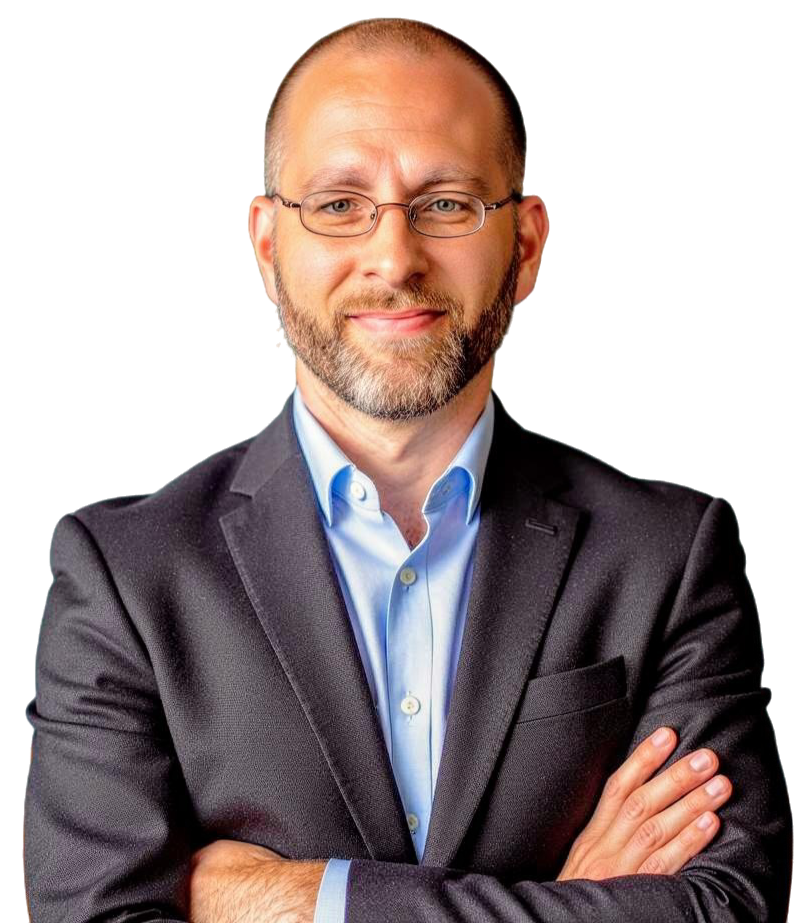Why Apprenticeships Alone Won't Suffice in Today's Knowledge Economy
- Jonathan H. Westover, PhD
- Aug 30, 2025
- 4 min read
Listen to this article:
Abstract: This paper argues that skills training through apprenticeships or bootcamps alone cannot replace the broader benefits of higher education for success in today's knowledge economy. While technical skills are important, a liberal arts education uniquely develops higher-order capacities like critical thinking, complex problem-solving, written communication, teamwork, and lifelong learning. Through varied coursework and experiential learning opportunities, colleges foster deeper, more adaptive forms of learning compared to narrow skills training. The article provides examples from healthcare and financial services of graduates applying multidisciplinary perspectives to address multidimensional problems. Overall, the article concludes that the breadth and depth of college best prepares individuals to navigate unpredictable career changes by directing independent learning and reinventing skills over time.
As a university professor who also consults for organizations, I'm often asked by business leaders whether a college degree is still necessary in today's rapidly changing workplace. With the rising costs of higher education and growing prominence of short-term skills training, it’s an understandable question. However, based on both my academic research and professional experience, I believe skills training through apprenticeships or bootcamps alone cannot replace the broader benefits of higher education. While technical skills are important, the multifaceted learning that occurs in college remains crucial for success in today's knowledge economy.
The Value of a Well-Rounded Liberal Arts Education
Research clearly shows the cognitive advantages of a traditional liberal arts education. Studies have found college students demonstrate improved critical thinking, complex problem-solving, and written communication abilities relative to similarly aged peers without a college degree (Arum & Roksa, 2011). The multidisciplinary exposure offered through general electives builds skills like synthesizing diverse perspectives and drawing connections between disparate topics (Hart Research Associates, 2015). Such capabilities are increasingly valuable as workplaces demand employees who can apply their learning to new situations and contexts.
Meanwhile, the soft skills developed in college, like teamwork, leadership, and ethics, prove just as essential for career longevity and advancement (Hart Research Associates, 2015). Students learn to manage competing priorities, engage respectfully with those holding different views, and take ownership of long-term projects - all transferable competencies in any job. The well-rounded liberal arts thus prepares graduates to navigate complexity, ambiguity and change.
Deeper Learning Through Trial and Reflection
Short-term skills training simply cannot match higher education's facilitation of deeper learning through trial and intensive reflection. In an apprenticeship program, for example, learning remains focused on mastering a narrow set of technical abilities with an emphasis on speed. While this may adequately prepare someone for an entry-level role, it provides little opportunity to engage in the experimentation, failures, feedback cycles and self-assessment involved in truly gaining expertise.
University coursework, meanwhile, challenges students to iteratively apply their knowledge through multifaceted assignments, independent research, group projects and other experiential activities (Kuh, 2008). Professors also cultivate habits of metacognition, prompting students to evaluate their strengths, weaknesses and evolving understanding. This fosters the type of adaptive, self-directed learning essential for prolonged career success as roles and industries change.
Industry-Specific Examples
As an IT strategy consultant, I've witnessed firsthand higher education's benefits across various sectors. In healthcare, complex problems demand nuanced, interdisciplinary perspectives that skills training alone does not cultivate. Hospital systems, for example, now face challenges at the intersection of technology, patient care delivery, data privacy, and financial sustainability. Staff charged with innovating solutions must have strong critical thinking abilities, in addition to clinical or IT expertise, to develop strategies addressing these multidimensional issues.
Likewise in financial services, as roles blend customer service, data analysis, security and more, liberal arts graduates prove adept at rapidly acquiring new technical skills while considering compliance, ethics and the customer experience holistically. Recent graduates from code bootcamps or banking certificate programs have proven limited in their ability to connect the dots across domains and advise executive clients on strategic decisions with wide-ranging implications.
Conclusion: Preparing Individuals for Changing Career Landscapes
While technical skills open doors, it is higher-order capacities like problem solving, collaboration, lifelong learning and adaptability that determine long-term career fulfillment and success as landscapes evolve. In today's dynamic knowledge economy, jobs frequently change or disappear, necessitating that individuals direct their own learning and skillfully reinvent themselves. Skills training is valuable as supplementation, but alone cannot cultivate the intellectual dexterity, perspective-taking, resilience and multi-dimensional thinking that higher education uniquely fosters through intensive study across the arts and sciences. In both my research and professional roles consulting to organizations of all sizes, this breadth and depth continues to set college graduates apart as the most prepared to navigate complexity and thrive in an unpredictable future of work.
References
Arum, R., & Roksa, J. (2011). Academically adrift: Limited learning on college campuses. Chicago, IL: University of Chicago Press.
Hart Research Associates. (2015, January 20). Fall 2014 survey of employers who hire college graduates.
Kuh, G. D. (2008). High-impact educational practices: What they are, who has access to them, and why they matter. Washington, DC: Association of American Colleges and Universities.

Jonathan H. Westover, PhD is Chief Academic & Learning Officer (HCI Academy); Associate Dean and Director of HR Programs (WGU); Professor, Organizational Leadership (UVU); OD/HR/Leadership Consultant (Human Capital Innovations). Read Jonathan Westover's executive profile here.
Suggested Citation: Westover, J. H. (2025). Why Apprenticeships Alone Won't Suffice in Today's Knowledge Economy. Human Capital Leadership Review, 25(1). doi.org/10.70175/hclreview.2020.25.1.1






















